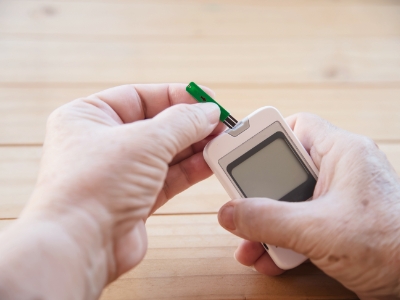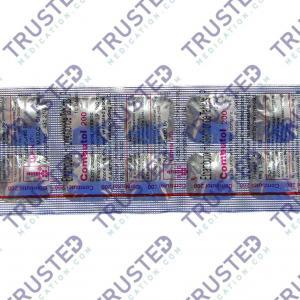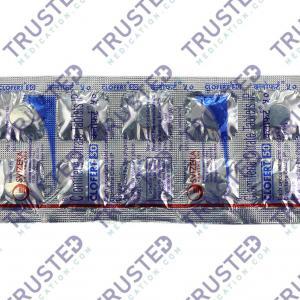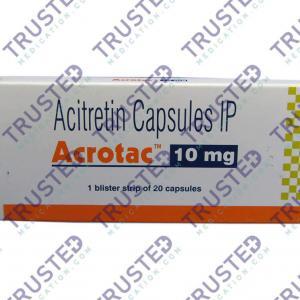
Diabetes is a chronic medical condition that causes problems with the body’s ability to change food into fuel for the body. Children in the United States have been affected by diabetes. Type-1 diabetes is much more common in young people than type-2 diabetes. However, the rates of both types in children are increasing.
What Is Diabetes?
Diabetes affects how your body converts food into energy. You release sugar into your bloodstream when you eat food. Insulin is released by your pancreas when your blood sugar rises. By letting blood sugar into your body’s cells for use as energy, insulin acts like a key.
Diabetes occurs when your body can’t make enough insulin or can’t use it effectively. Having too much blood sugar in the bloodstream occurs when you don’t have enough insulin or your cells don’t respond to insulin. Eventually, that can lead to serious health problems, such as kidney disease, heart disease, and vision loss.
How Do Children Get Diabetes?

Type 1 Diabetes
The exact cause of type 1 diabetes is unknown but in most people with type 1 diabetes, the body’s immune system mistakenly destroys insulin-producing cells in the pancreas. Genetics and environmental factors appear to play a role in this process.
Once the islet cells of the pancreas are destroyed, your child produces little or no insulin. Insulin performs the critical job of moving sugar (glucose) from the bloodstream to the body’s cells for energy.
Sugar enters the bloodstream when food is digested. Without enough insulin, sugar builds up in your child’s bloodstream. This can cause life-threatening complications if left untreated.
Type 2 Diabetes
Most of the sugar in the body comes from food. When food is digested, sugar enters the bloodstream. Insulin allows sugar to enter the cells and lowers the amount of sugar in the blood. Insulin is produced by a gland located behind the stomach called the pancreas. The pancreas sends insulin to the blood when food is eaten. When the blood sugar level starts to drop, the pancreas slows down the secretion of insulin into the blood.
When your child has type 2 diabetes, this process doesn’t work as well. As a result, instead of fuelling cells, sugar builds up in your child’s bloodstream. This can happen because:
- The pancreas may not make enough insulin
- The cells become resistant to insulin and don’t allow as much sugar in
What Is The Treatment For Child Diabetics?

Although there is no cure for diabetes, children with this disease can lead normal lives if it’s kept under control. Managing the disease focuses on blood sugar monitoring, treatment such as insulin therapy given as multiple injections per day or through an insulin pump, and maintaining a healthy diet. Keeping blood sugars within a normal range reduces is important and lowers the risk of long-term health problems related to poor diabetes control. In addition to a healthy diet, at least thirty minutes of exercise a day can help children manage their disease as well.
Recommended medication that can be used for diabetes:
- Sitagliptin – is a very effective medication in controlling diabetes by controlling the sugar level. It prevents your condition from getting worse. It belongs to the DPP-4 inhibitor group of the drug. This medicine works by increasing the incretin in your body. It’s a substance released in the intestine. This drug works to increase the incretin in the amount of insulin level. Sitagliptin reduces the amount of sugar level produced in the body.
Children will need regular appointments to ensure good diabetes management. This can include a review of the child’s blood sugar patterns, insulin needs, eating, and physical activity. Your healthcare provider also checks the child’s A1C levels. The American Diabetes Association generally recommends an A1C of 7% or lower for all children and teens with diabetes.
Your healthcare provider also will periodically check your child’s:
- Cholesterol levels
- Thyroid function
- Kidney function
- Blood pressure
- Growth
- Eyes
- Feet









